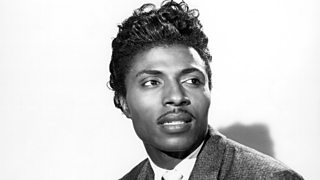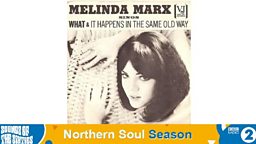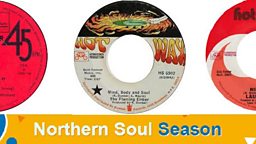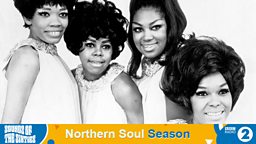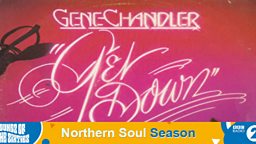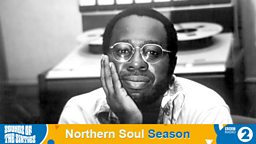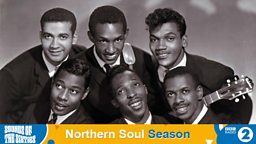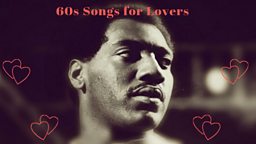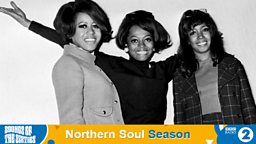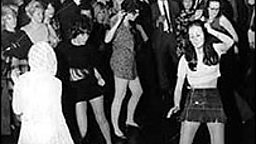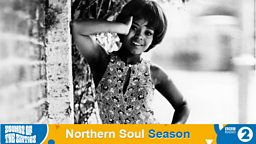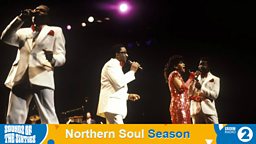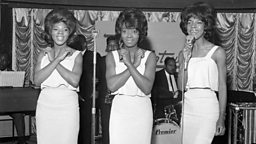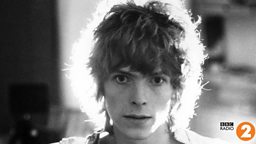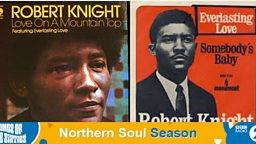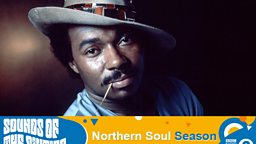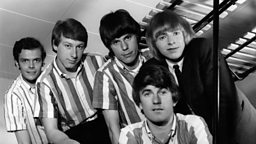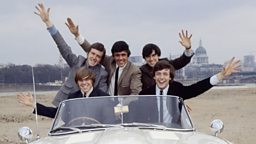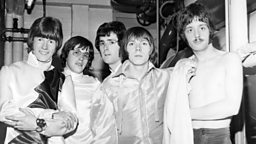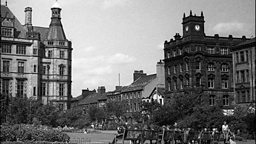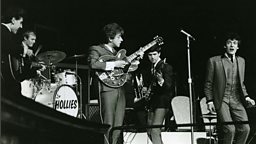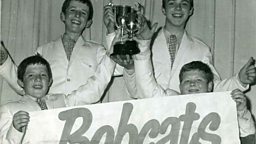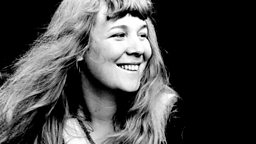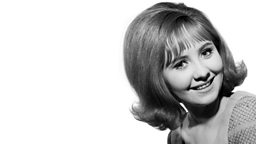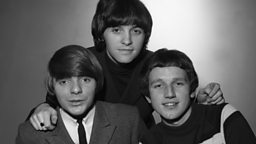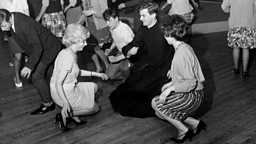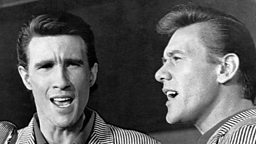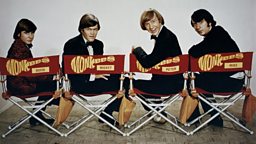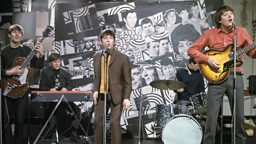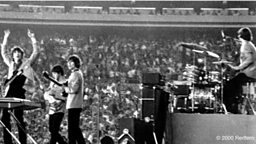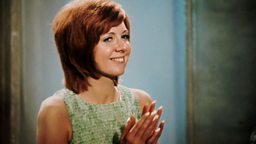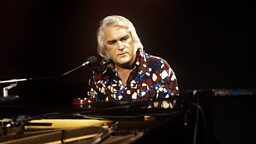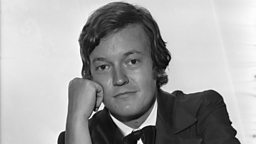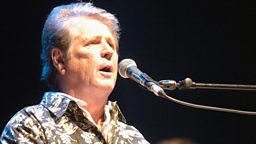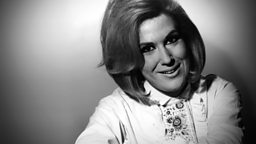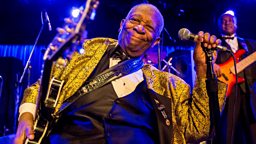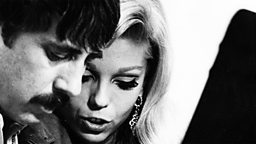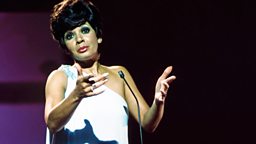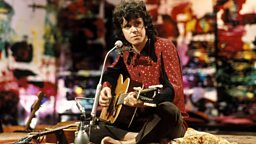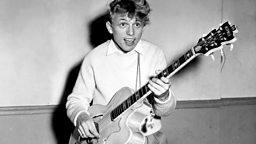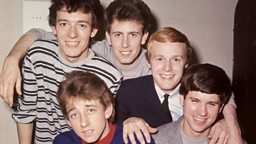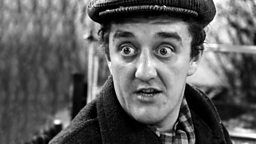Johnny Kidd & the Pirates
Bob Stanley tells the story of the band before Johnny's tragic death.
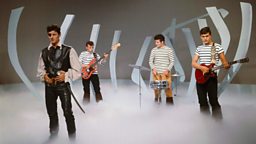
Cliff's Move It is undeniable, Vince Taylor's Brand New Cadillac is ferocious, and a bunch of Billy Fury records could be in contention, but if we could only keep one British rock'n'roll record for the ages, it would have to be Johnny Kidd & the Pirates' Shakin' All Over. Everything about it is perfect - it blends vocal menace with shivering guitar work (courtesy of the extraordinary Joe Morretti), and its lyric candidly reveals a British anxiety about sex. With something for everyone, it was a number one in 1960, standing head and shoulders above the year's other hits which included My Old Man's a Dustman, Running Bear and Tie Me Kangaroo Down Sport.
Everything about it is perfect - it blends vocal menace with shivering guitar work
The Pirates were a consistently strong backing group for Kidd, which is remarkable when you consider there were seventeen different members between 1959 and 1966, when Kidd tragically died in a car crash in Bury, Lancashire. Kidd was the only constant. Possibly because of the eyepatch he wore and the cutlass he wielded on stage (damaging many a theatre around the country) he hasn't really been given his due. Kidd reckoned that his lack of regular chart action (I'll Never Get Over You in 1963 was his only other top ten hit) was down to his own poor choice of singles, but looking back they stood him in good stead as he was an R&B fan - the Pirates recorded and popularised the Arthur Alexander song A Shot Of Rhythm And Blues in 1962, which would become a Merseybeat standard, and was recorded by David Essex, Dave Edmunds and the fictional Stray Cats in the 1974 movie Stardust.
Back in 1959, the Pirates had Kidd as a second guitarist, with Clem Cattini on drums, Alan Caddy on lead guitar and Brian Gregg on bass - this line-up recorded their first hit, Please Don't Touch (another uptight lyric!), but the band would all quit in time to form the Tornados. Before this happened, Kidd had been encouraged by TV producer Jack Good to wear an eyepatch and to drop the guitar to free him up to be more energetic on stage - this made the group a model for The Who (who saw the Pirates and decided Roger Daltrey didn't need a guitar to be a frontman) and, in turn, Led Zeppelin. The eyepatch was a blessing for Kidd: "When I come out of the stage door – I look completely different without the patch – nobody recognizes me. There are sometimes five hundred kids there, and I pass without a murmur!"
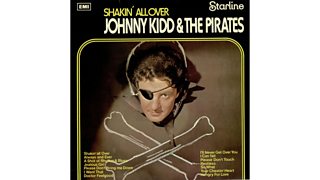
By 1962 a new Pirate trio had formed, made up of Johnny Spence (bass), Frank Farley (drums) and Mick Green (lead guitar). This line-up scored Merseybeat hits with I'll Never Get Over You and Hungry For Love in 1963, but were happier with R&B material like Barbara George's I Know, Johnny Otis' Castin' My Spell and Dr Feelgood & the Interns' Dr Feelgood (apparently it was the Pirates' recording of this song that led Wilko Johnson to name his band). They also recorded a brace of fierce and wonderful singles, My Babe (as the Pirates, without Johnny) and Jealous Girl in 1964, both of which really deserved to be hits.
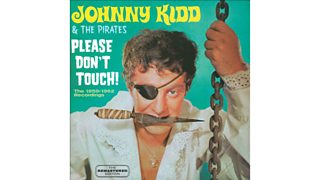
By 1965, the Pirates had lost Mick Green to the Dakotas but added a keyboard player, Vic Cooper, who added a jazz tinge to a re-recording of Shakin' All Over. Kidd himself was now leaning towards soul, cutting an unreleased (at the time) version of Otis Redding's I Can't Turn You Loose. He must have been frustrated by his old image. The powerful posthumous single Send For That Girl revealed the power of Kidd's voice - definitely British, subtly soulful, more restrained than a belter like Chris Farlowe. Johnny Kidd died before he could stage an inevitable comeback, but he at least recorded one immortal record - Shakin' All Over will outlive all of us.
-
![]()
Extra facts and information on some of this week's tracks.
